
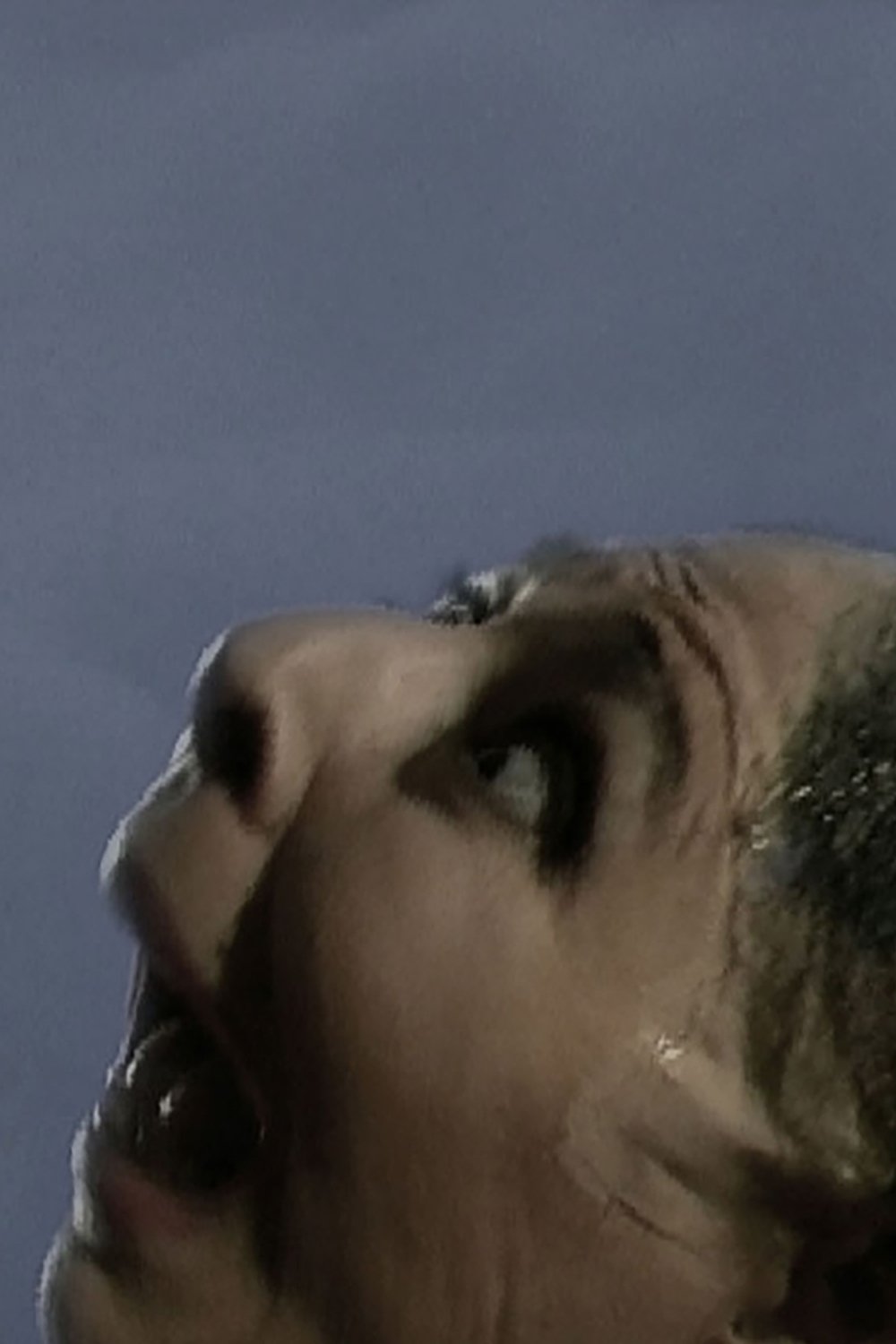
Mimi Minus on the escalator of horror. Mara Mattuschka´s alter ego once again sets off on a tour de force of physical renunciation. First she goes into a tumble when the ground is pulled out from under her feet. Caught in a weightless space, she undergoes a strange metamorphosis. Mimi´s body is subjected to unnatural forces and gradually deforms, her skin ruptures and - as if the human shell were only an intermediate stage in the process of evolution - is shed like a cocoon; a reptilian monster emerges.
Two women scientists investigate the various stages of evolutionary development. Drawn by the scientific linguistic system, they become enmeshed in the anal circuit.
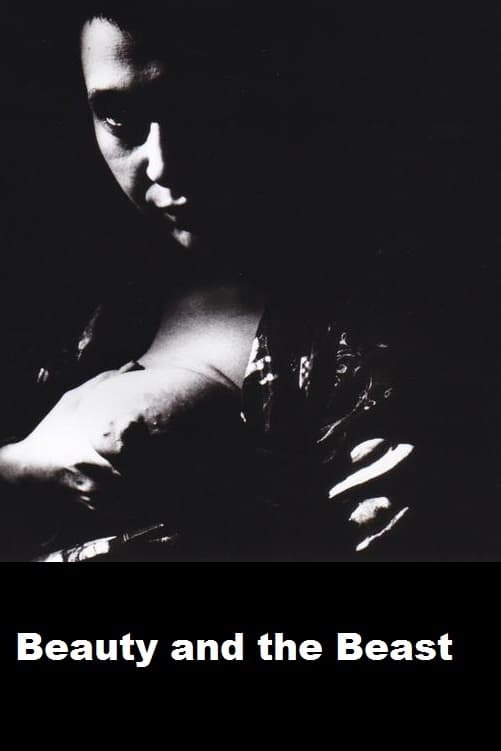
Autobiographical notes about bringing up children. A birth, the bite in the umbilical cord, a baby between sheets of music. Mimi fiddles educationally on a violin without strings, offers her breast and enjoys the little king with an improvised hysterical performance, and suddenly starts with Dadaistic oracles, letting the blead dance and carrying the child out into big wide world.

The world as a plaything for a giantess from outer space. A Godzilla-imitation on the way to herself: the giantess from outer space in the streets of a big city, fooling around, producing destruction, copulating with the Eiffel Tower. An orchestra of big feelings, the melodrama, defamed in infantile sounds and absurd costume, in make-up-persiflage and grotesque body-art-performances.

A short film by the German experimental filmmaker Michael Brynntrup from 1993. The film describes a surrealistic and absurd cycle of activities in a hermetically sealed cemetery from which the actors cannot break out.
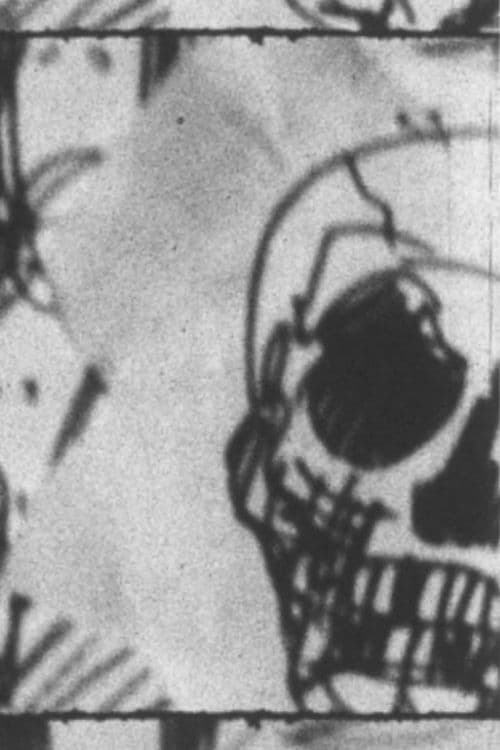
On the 28th of October 1884 Daniel Paul Schreber, candidate of the National Liberal Party in Chemnitz, suffered a heavy defeat at the elections of the German Reichstag. He was taken up in the mental clinic of the Leipzig University soon afterwards. To his rehabilition he wrote an extensive piece of work, "Denkwürdigkeiten eines Nervenkranken" (Memoirs of My Nervous Illness), which was published in 1903 and led to his temporary dismissal. Hereby Schreber became the most quoted psychiatric patient in scientific literature. The third part was realized by Peter Tscherkassy based on a concept by Ernst Schmidt Jr.
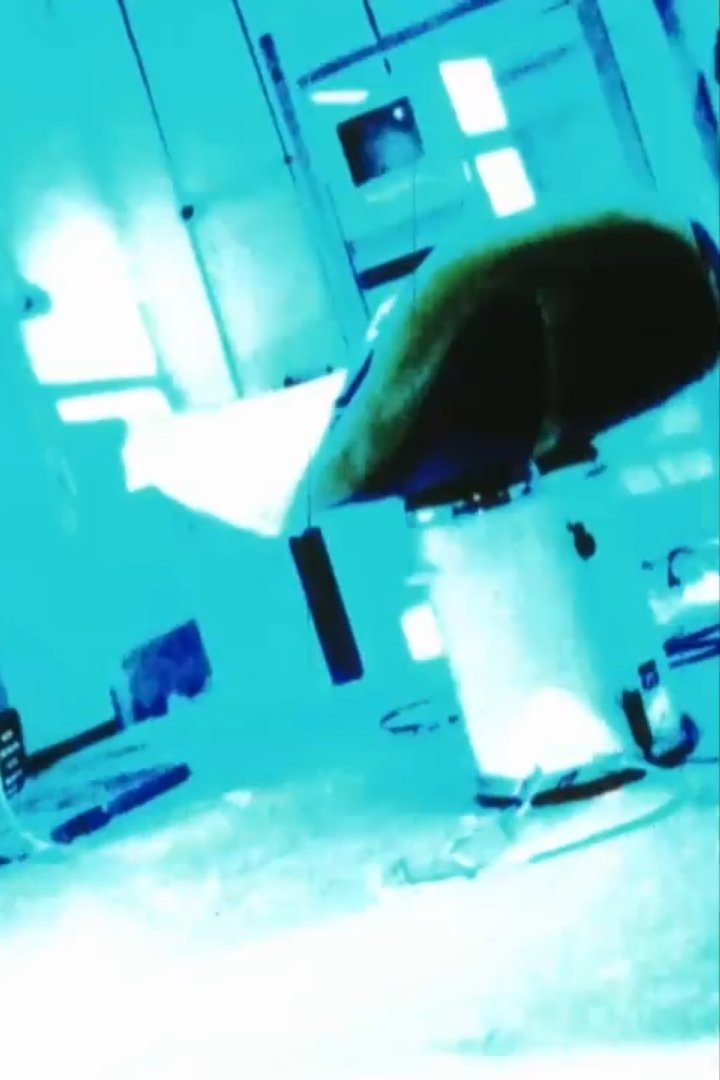
Manuela, the mermaid, is annoyed: The only thing her counterparts in the self-awareness group are interested in is the question, "Where is your clitoris?".
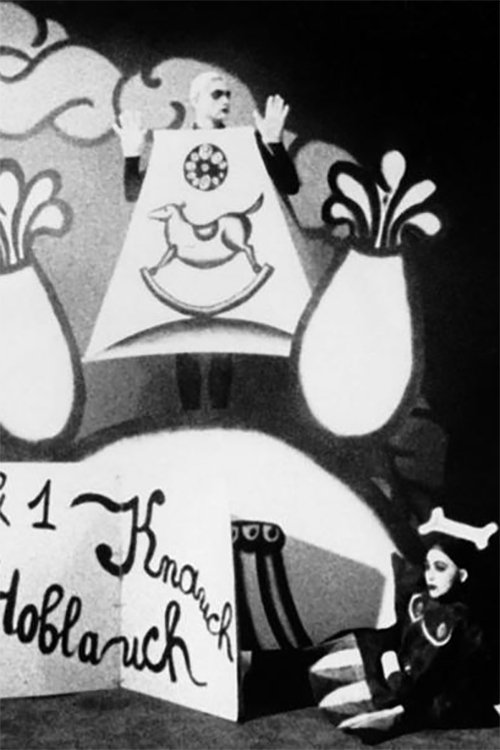
A despotic youth spends his vacation oppressing the peaceful inhabitants of an island with his evil fantasies.
And our old Emperor said: "Thank you, it’s been very nice, it was a pleasure!" (M. M.)
Mara Mattuschka is an award-winning filmmaker, actress and visual artist.
By browsing this website, you accept our cookies policy.